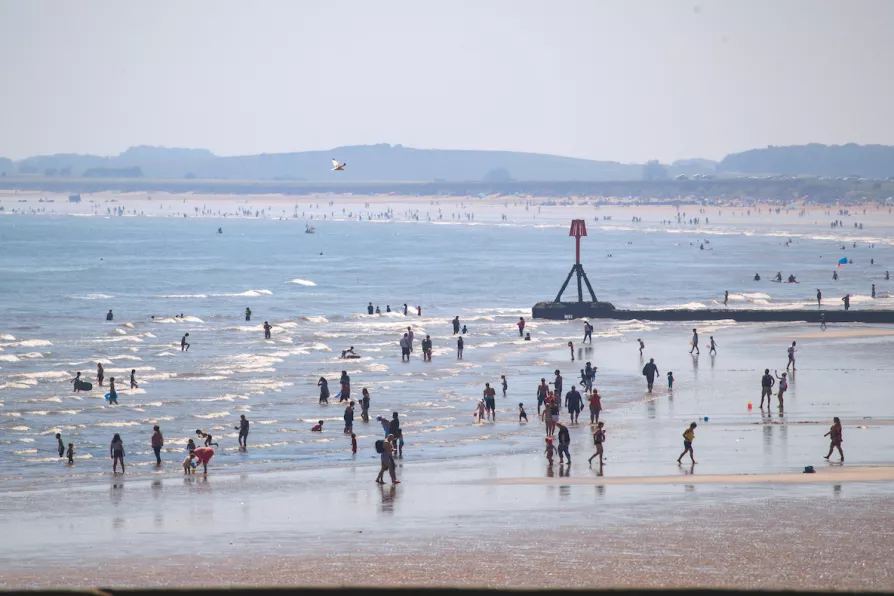Labour prospects in May elections may be irrevocably damaged by Birmingham Council’s costly refusal to settle the year-long dispute, warns STEVE WRIGHT

 Bridlington was a firm favourite on Engels
Bridlington was a firm favourite on Engels
MARX and Engels’s love of the Victorian seaside is well known. Their visits to Margate, Ramsgate and Eastbourne as well as Brighton and the Isle of Wight are documented.
However the two had a rare split when it came to location. Marx favoured the sea water and arguably slightly warmer conditions of southern seaside towns. His main concern was his health. He did venture north, not particularly in the summer, to visit spa towns like Harrogate and Buxton. Again the emphasis was on his health.
Engels by contrast spent at least some summers pursuing an interest in geology.

NICK MATTHEWS recalls how the ideals of socialism and the holding of goods in common have an older provenance than you might think

The summer saw the co-founders of modern communism travelling from Ramsgate to Neuenahr to Scotland in search of good weather, good health and good newspapers in the reading rooms, writes KEITH FLETT












